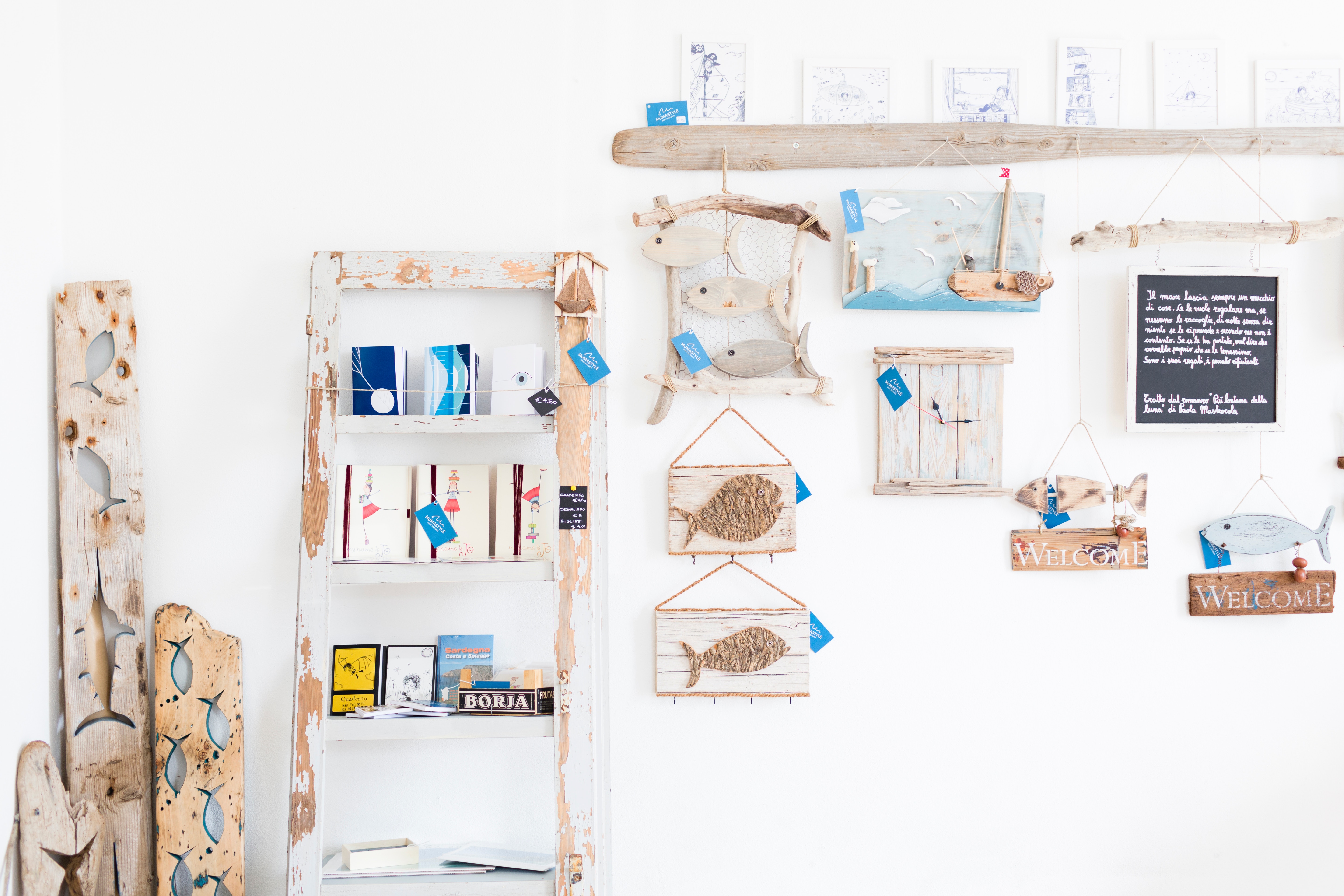We sat down with visual merchandising consultant, Sarah Quinn, to find out what she thinks are the most common merchandising mistakes retailers make, and how to fix them.
1. Not buying for your business
Buying to please a customer and not buying for your business vision, or buying because an item is successful elsewhere but it doesn’t fit your business model is a big mistake, says Quinn.
“This complicates small business in so many ways and makes it really hard to arrange merchandise,” she explains. “Generally, as a result of incorrect buying I see product not sitting well in the one shop—it doesn’t make sense.
“[You need to] know who your target market is. Know your company values and vision. Buy to this, not because you have seen other businesses selling it well and not because one customer has requested it.”
2. Not making the most of your window
According to Quinn, the main problems when it comes to window displays are:

Not actually using the window.
Not changing regularly: Quinn suggests a product update every 1-2 weeks and a backdrop update every 1-2 months, depending on how often you receive new stock.
Overfilling the window: Many business owners think the more they put in the window, the more chance items will be noticed and will sell. In fact, the opposite is true.
Not using any props, risers or mannequins.
Not putting thought into window displays.
3. Not having an exit strategy for product
It’s important to keep track of product that isn’t getting attention within its first week in store, and work out why it isn’t selling. Quinn says after speaking to your staff and customers you’ll generally find that it is the price, promotion, product, placement or people.
“Check your competitors and look out for saturation of the market. Keep an eye on department stores and discount stores—as soon as something arrives into their business, you should stop purchasing.
“Know that every business has buying duds. This is normal…Set some rules. After two weeks assess why the product isn’t selling and change it. After four weeks move the product on.
“If the timing is not right for that product, pop it out the back and bring it out at the right time. You’re far better off using that space for new and best-selling items. Be mindful that a dud product can bring down the items it surrounds.”
4. Not allowing negative space
You need to include negative space everywhere in your store from displays to the window and counter. “We consume so much information visually that when we see an overload of more stuff, we just can’t bear to look at it,” explains Quinn.
“I see retailers trying to cram product and displays into every inch of their business [but] people need somewhere to rest their eyes. You need to create as much negative (white) space as there is display space.
“I have a general buying rule: for every new item/product you bring into the business, you must remove another product either by sell through, mark down or end of line. People need to be able to walk through aisles without fear that they may break something.”
5. Not keeping things tidy
General housekeeping can be an easy thing to overlook, especially if you’re in your store every day. “Often, business owners will enter from a back or side door and forget to check how the customer actually sees their business,” says Quinn.
You need to think about obvious things like dusting, vacuuming and cleaning the windows, along with:
Cash and wrap area: Tidy up notes around the register, keep your rubbish bins clean and remove water bottles/coffee cups.
Signage: Look for torn, out-dated, inconsistent, crooked or faded signs. Check the signage outside and make sure there are no faded posters or peeling stickers.
Props and product: Keep an eye out for damaged, dirty, crooked, dusty or broken items.
Want the latest retail news delivered straight to your inbox? Click here to sign up to the weekly retailbiz newsletter.


